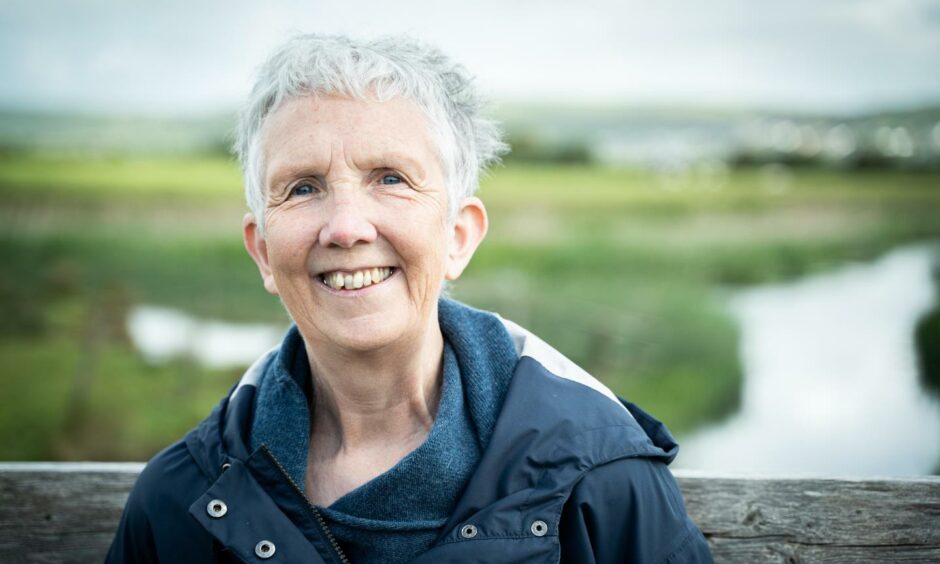
Ann Cleeves’ introduction to Shetland happened as oil began to flow through the newly-created terminal at Sullom Voe.
Lerwick had the feeling of a gold rush town in the 1970s, which was suddenly teeming with strangers: a time when local and foreign contractors built and serviced the accommodation blocks which housed the dramatic transformation of old communities.
At that stage, the youngster earned a living as a bird observatory cook on Fair Isle, and it would be a long time before she published her first Shetland novel, Raven Black, which brought us DI Jimmy Perez.
But, ever since those early days in the far north of Scotland, the best-selling author has been passionate about a place which is a character in its own right; a setting of sepulchral standing stones, fishing bothies, unfiltered shadows and secrets.
Ann is pretty unique in her domain. For starters, three of her book series have been brought to the TV screen: Shetland, on the BBC, and Vera and The Long Call on ITV.
Then, there’s the fact that you won’t find any crazy-eyed serial killers or gratuitous murders in her pages. Yes, bad things happen, but they are usually perpetrated by individuals who have been driven to desperate measures at the end of their tether.
A dramatic and extreme place
In person, she is a beetle-browed pleasure, somebody with a hinterland which stretches way beyond another mystery for her protagonists to solve. And she is relishing being the patron of next month’s Shetland Noir, the festival which features everybody from Richard Osman and Val McDermid to Dr James Grieve, who became senior lecturer in Forensic Medicine at Aberdeen University in 1989, and Shona Maclean, the author of both the Alexander Seaton and the Damian Seeker historical crime fiction series.
She told me: “I first went to Shetland to be the assistant cook in Fair Isle Bird Observatory. It was the 1970s and oil was just coming into the islands. So it was a time of change. Islanders were still crofting and fishing traditionally, but there were people from all over the world coming to work in the industry.
“Away from the oil-related activity, life still continued much as it has for generations – there was low intensive farming on the crofts and fishing families still braved the elements and went out into the North Atlantic.
“But, in the last 40-plus years, oil has brought many changes to the islands. The oil revenue was put into charitable trusts and brought with it an affluence which meant that, until recently, Shetland weathered much of the economic disturbance that affected the rest of the UK.
“The roads are superb, every small community has its own leisure centre and swimming pool, and there is little unemployment. It’s a very dramatic place, a very extreme place, where everybody knows everybody else and that makes keeping secrets very hard.
‘I loved its bleak beauty’
“That idea fascinates me, the thought of living and growing up in a place where everybody else knows what you are doing and, if you do something you shouldn’t, the chances are that somebody will tell your parents.”
“I loved its bleak beauty, the stories and the music and the friendship of the islanders. The first Shetland novel was written 30 years later. It was my breakthrough novel. I had been writing for twenty years, and for the first time, I could give up the day job. I still love Shetland and I can’t wait to go back for Shetland Noir.”
Nowadays, the woman who was awarded the highest accolade in crime writing, the CWA Diamond Dagger in 2017, is a member of ‘Murder Squad’, working with other British writers to promote crime fiction and also spends her time advocating for reading to improve health and wellbeing and supporting access to books.
She said: “I’ve always found reading to be a terrific escape. Fiction has been my way of coping with illness or when I’ve been caring for close relatives who’ve been ill.
Reading can help wellbeing so much
“Just before lockdown, I was asked to speak at a conference on health inequality and threw out a challenge to the audience – if I sponsored two Reading for Wellbeing project workers, could the assembled gathering from Public Health England, libraries and local authorities cover the costs for two more? As soon as restrictions were lifted, we had nine workers across six districts already in place.”
The initiative has been a terrific success. Many doctors believe that loneliness and social isolation is now a major cause of ill health, and Ann is delighted that the project will have spread all across the north-east of England by the end of the year.
Working with social prescribing link workers, individuals can be referred to reading groups for young parents, people with mental health issues, or in sheltered housing.
And, for some, developing a passion for reading has been life changing.
Ann might have reached retirement age, but she shows no sign of slowing down. She has recently returned from a tour of the US, and will be back there at the end of August to launch her new Matthew Venn book, The Raging Storm, as the prelude to participating in a number of events in her homeland.
She regards the Shetland festival as more of a holiday – and insists that all the hard work has been done by local crime writer Marsali Taylor and the Shetland Arts team.
Work on new novel
At present, she’s working on another Vera novel and re-acquainting herself with her formidably flinty and fastidious DI Stanhope, who has been brilliantly brought to life on the small screen by Brenda Blethyn.
Ann said: “It has been a bit mad at times, but, do you know, whatever happened, I think I would have written, whether or not people bought my books.
“It has been such a pleasure to meet so many of my readers and take part in events such as Shetland Noir, and then there has been the joy of meeting with Brenda. I love what she has done with the character. She can say so much without opening her mouth and she might know more about Vera than I do.
“I know that I’ve been privileged to have enjoyed so much success. I wanted to travel and see places and I have managed that in my life.”
‘I think I was always going to be a writer’
As somebody whose detectives are based in Shetland, Northumberland and Devon – where the DI Venn stories take place in a closed community – nobody could accuse Ann of being parochial or resorting to any single tried-and-tested formula.
And, when I asked her about her favourite literary detectives, she chose Kurt Wallander by Henning Mankell, Salvo Montalbano by Andrea Camilleri, Fabio Montale by Jean-Claude Izzo, Van der Valk by Nicholas Freeling and V I Warshawski by Sara Paretsky; a smorgasbord of diversity which moves all the way from Europe to the United States.
As she said: “Of course, I read widely, but my comfort reading has always been crime fiction. If I was miserable or I had a cold or had been dumped by my boyfriend, it was the Golden Age traditional detective fiction that I turned to.
“So, I decided to write the kind of books I enjoyed reading. I think I was always going to be a writer. I was born curious, and stories make sense of the world.”
Further information about Shetland Noir can be found at: tickets.shetlandarts.org/sales/categories/festivals
Five questions for Ann Cleeves
1. What book are you reading?
“Speak of the Dead by Rose Wilding.”
2. Who’s your hero/heroine?
“Sara Paretsky, feminist and crime writer.”
3. Do you speak any foreign languages?
“I did French, German and Spanish at school, but only French has stuck.”
4. What’s your favourite music or band?
“[David] Bowie.”
5. What’s your most treasured possession?
“It’s a traditional Fair Isle chair made by my friend Eve Eunson.”
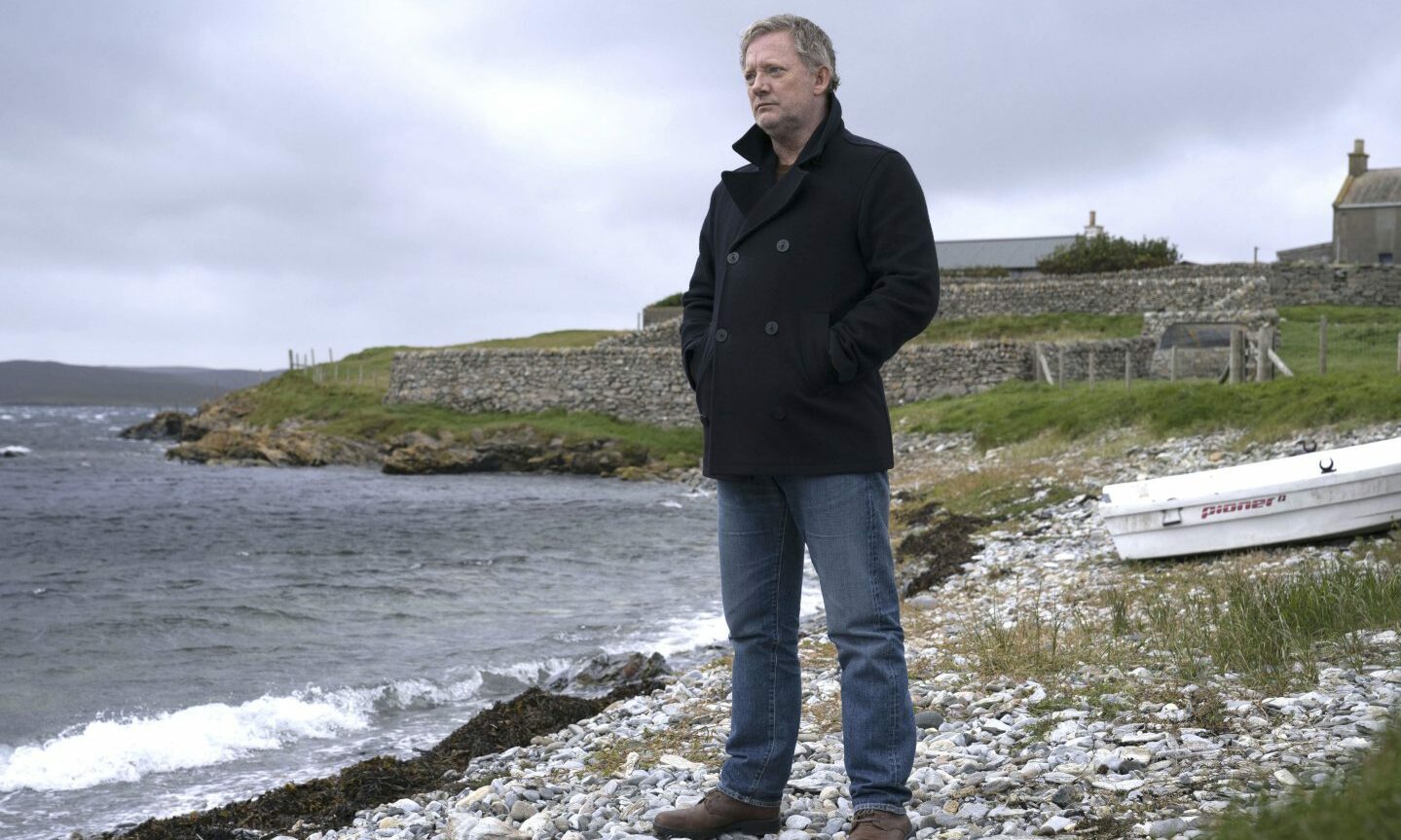

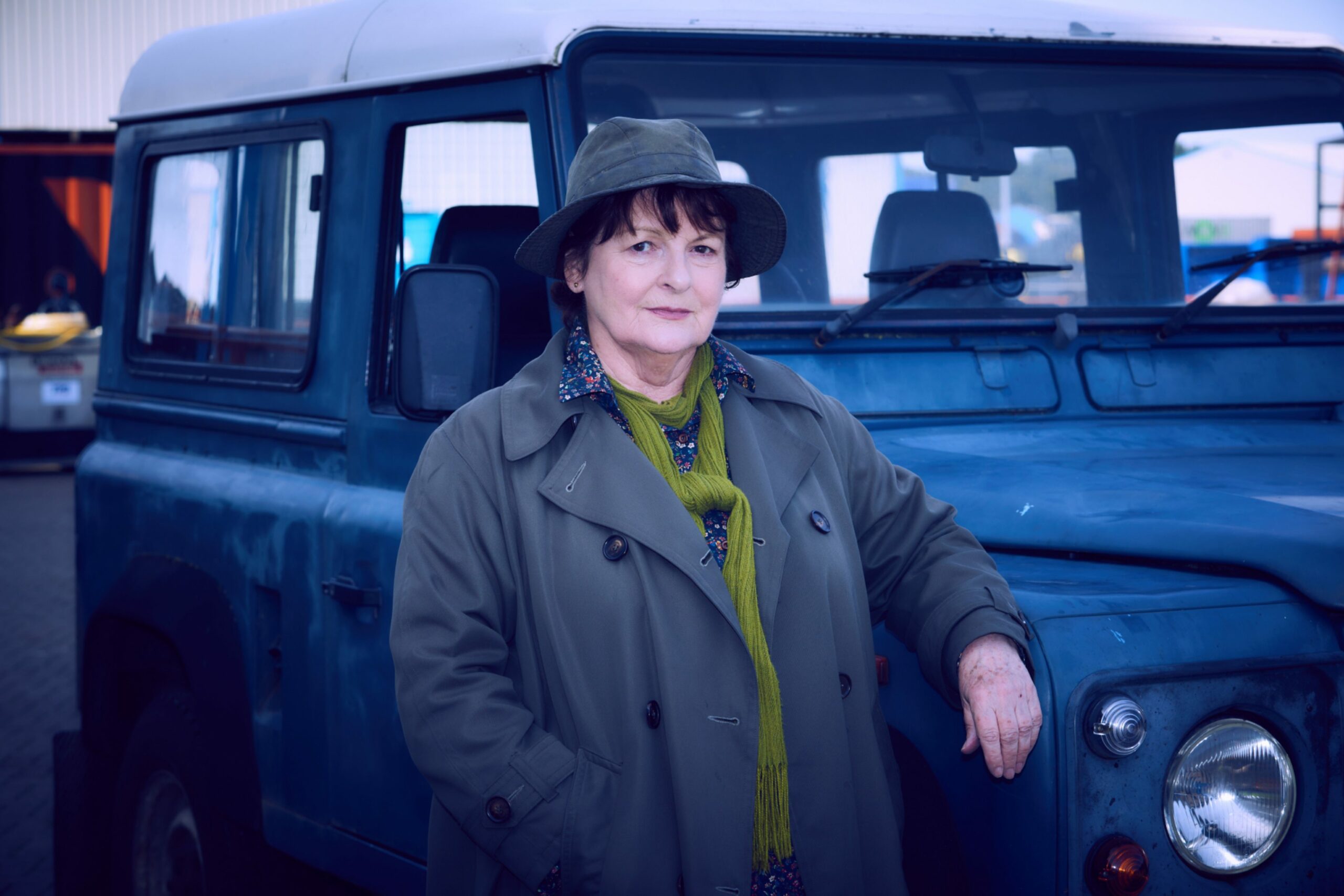
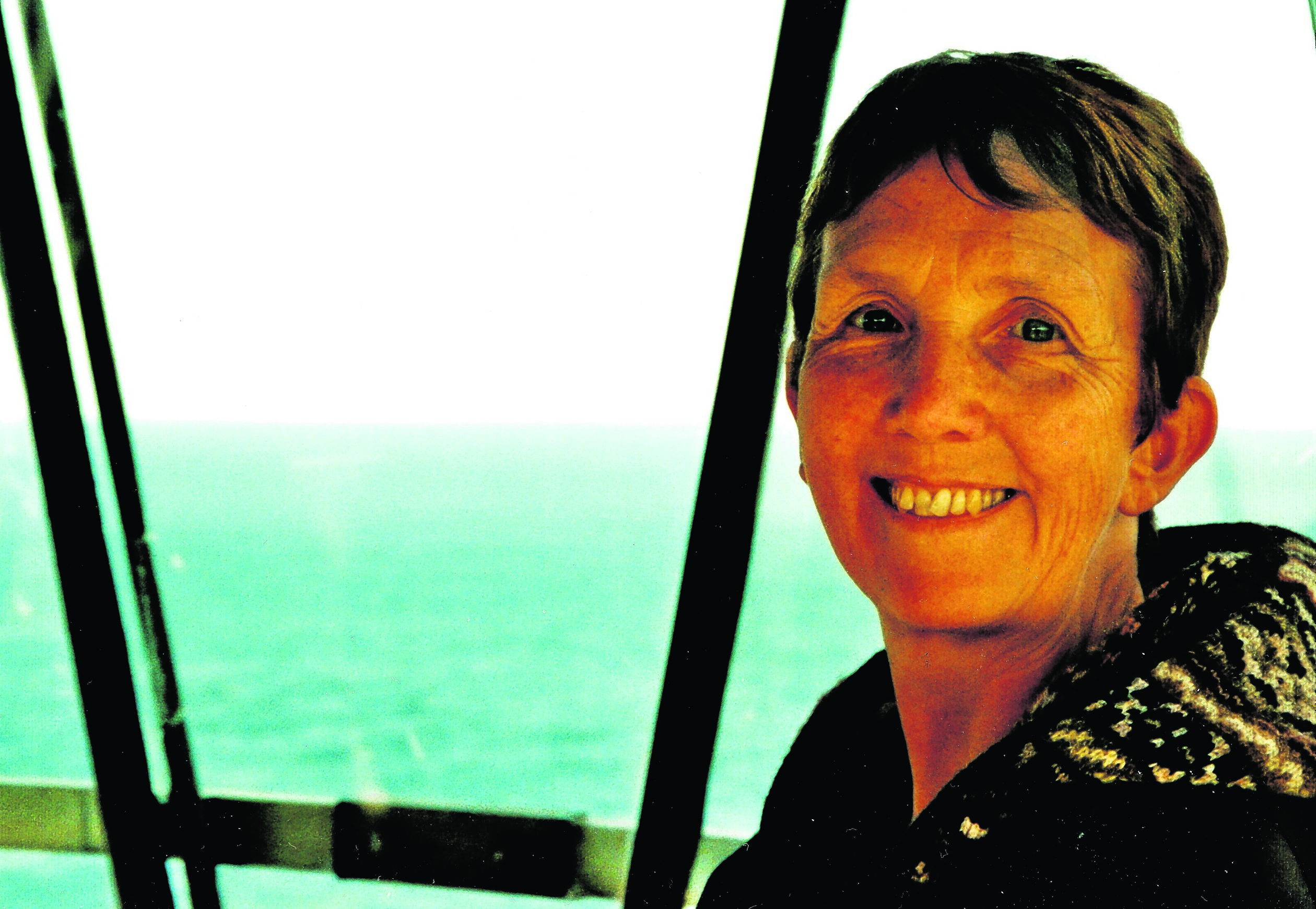
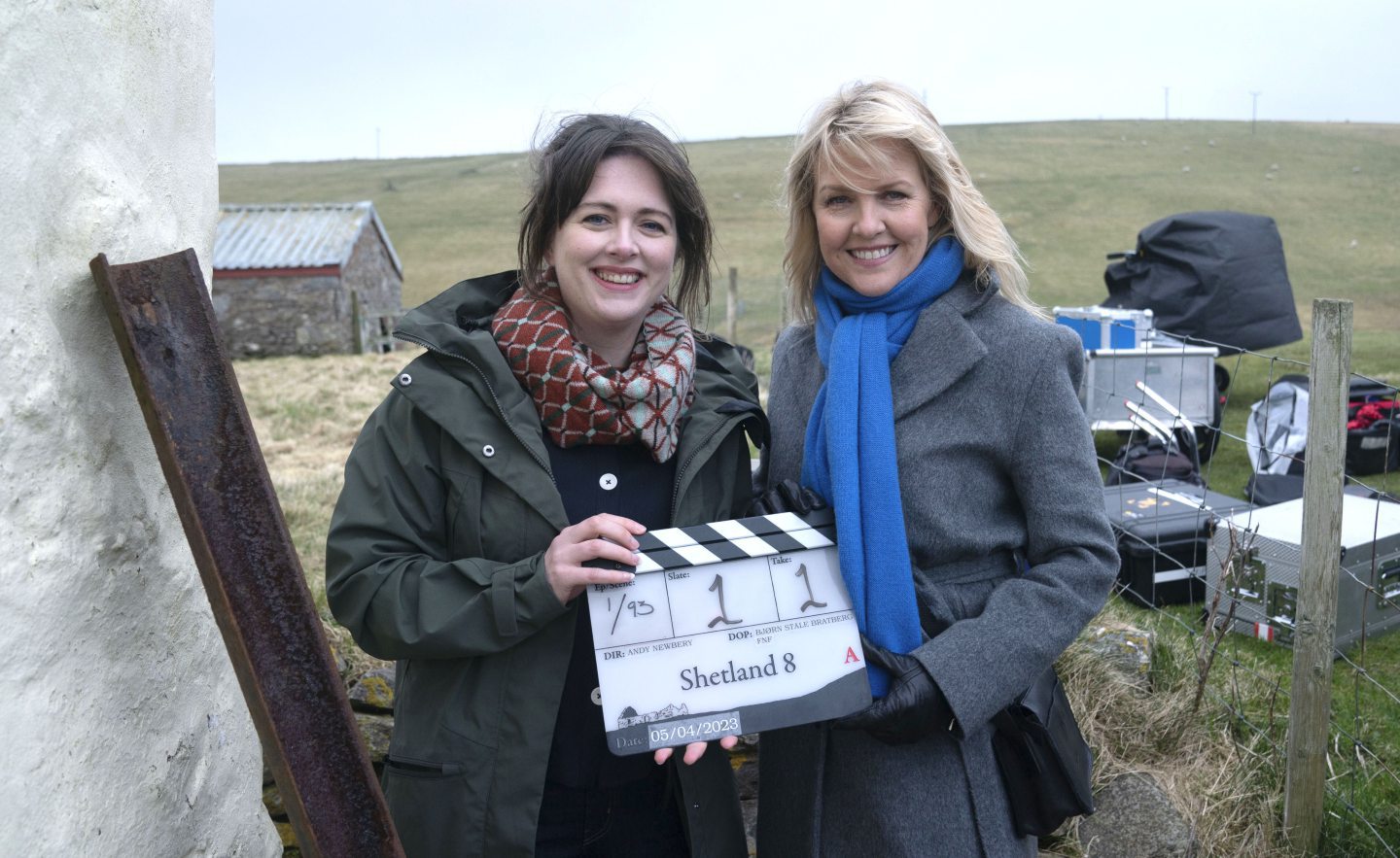
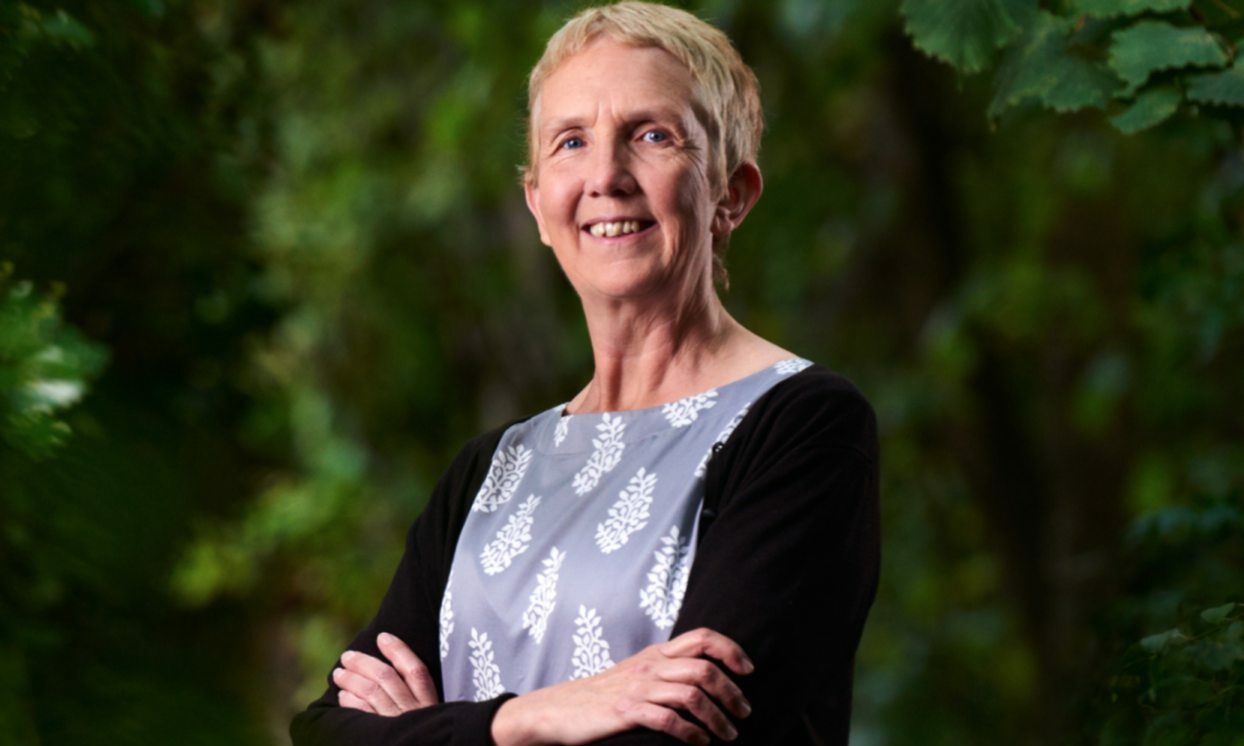
Conversation